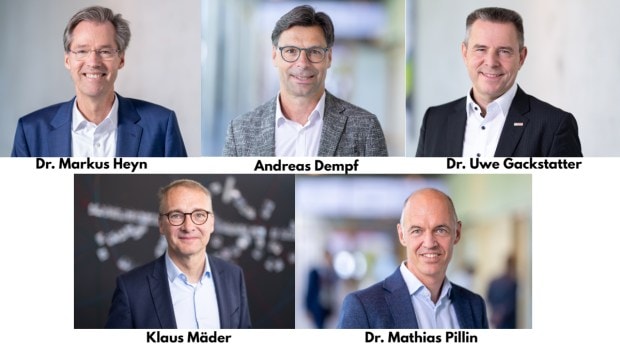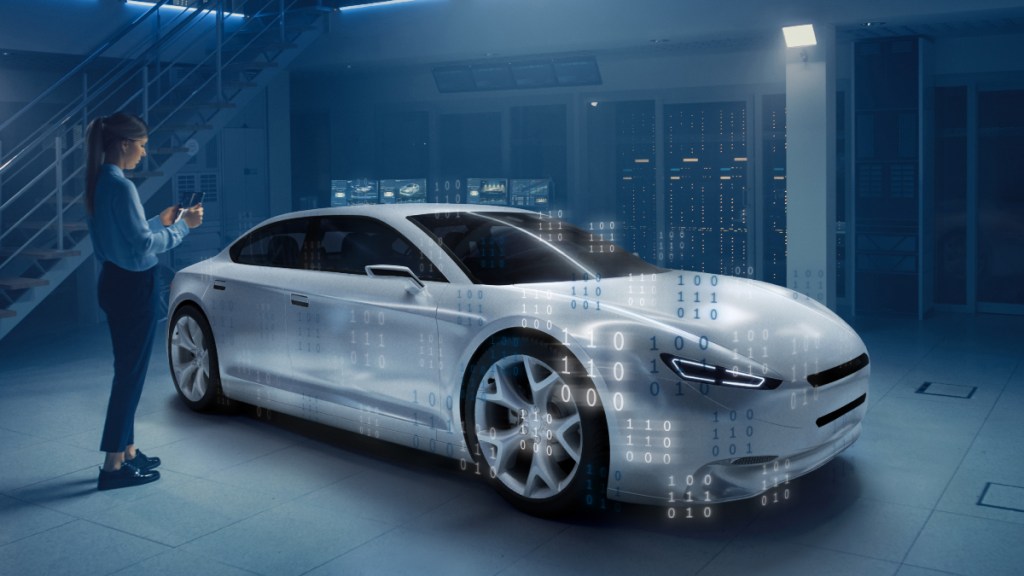German major Bosch is realigning its automotive-supply business. Within Robert Bosch, Bosch Mobility will in the future be managed as a business sector with responsibility for its own business and its own leadership team.
The German technology company has defined the new management structure as follows –
- Dr. Markus Heyn, Member of the board of management of Robert Bosch, will be chairman of the Bosch Mobility business sector.
- Andreas Dempf will take on the global responsibility for the sales and customers of Bosch Mobility.
- Dr. Uwe Gackstatter will be responsible for the business sector’s commercial affairs.
- Klaus Mäder will be responsible for operations including responsibility for all plants worldwide and quality.
- Dr. Mathias Pillin will be responsible for technology across the entire Bosch Mobility business sector.

“Software won’t only change how we use and experience cars in the future. It will also change the way cars are engineered. For some time now, Bosch has also seen itself as a mobility software company. Now, in response to customer requirements, our structure is changing to reflect this and to open up further growth,” said Dr Heyn.
Bosch Mobility will work on both software as well as hardware solutions for the automotive industry. It expects the market of software-defined vehicles is likely to reach a volume of significantly more than 200 billion euro (Rs 1,757,600 crore) by 2030. Its share in development cost will be roughly 30 percent by 2030. Even now more than 50 percent of all its R&D associates working for Bosch Mobility are software engineers.
The era of software-defined vehicles will also see centralised electrical and electronics architecture. At present more than 100 control units are installed in premium-class vehicles, for a compact-class vehicle it ranges between 30 and 50 units.
“Our focus will be on making the complexity of electronic systems controllable and as reliable as possible,” Heyn said. In the future, it will be possible to significantly reduce the number of control units by using powerful computers for the various vehicle domains, such as cockpit and connectivity functions, driver assistance systems and automated driving, and the powertrain.
Targeting 80 billion euro sales by 2029
The automotive segment at Bosch currently has around 230,000 associates at more than 300 locations in 66 countries worldwide. It is no doubt that Bosch Mobility will be the biggest of Bosch’s four business sectors. This it says translates to the entity generating sales revenue of more than 80 billion euro (Rs 703,040 crore) crore) globally by 2029. To ensure higher efficiency the business sector in the future will compromise seven divisions – Electrified Motion, Vehicle Motion, Power Solutions, Cross-Domain Computing Solutions, Mobility Electronics, Mobility Aftermarket, E-Bike Systems. Bosch subsidiary ETAS will be given horizontal responsibility for hardware-agnostic software for operating systems and engineering tools.
In terms of earnings, Bosch posted revenue of 88.2 billion euro (Rs 775,101 crore), up 12 percent YoY in 2022. EBIT at 3.8 billion euro (Rs 33,394 crore) was slightly higher than 3.2 billion euro (Rs 28,121 crore) reported a year ago. Of this, the mobility solutions business which makes up the lion’s share of revenue grew by 16 percent at 52.6 billion euro (Rs 462,248 crore).
Dr. Stefan Hartung, Chairman of the Board of management of Robert Bosch said: “We rose well to the challenges of 2022 – both our sales and our margin were higher than expected. And even if the economic and social environment remains demanding, we want to grow significantly faster.”
During the year company spent 12 billion euro (Rs 105,456 crore) on security of its future, R&D development rose to 7.2 billion euro (Rs 63,273 crore) or 8.2 percent of its sales.
“Despite the challenging environment, we can look back on solid results in 2022. On top of that, we have prepared the ground for Bosch’s success in the markets of the future. Even if Bosch does have the necessary funds and a very sound financial position, we have to maintain a difficult balancing act between investments and cost discipline,” said Dr Markus Forschner, CFO, Robert Bosch.


















